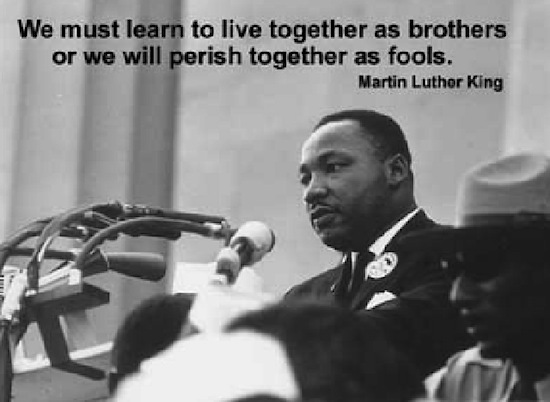
‘FROM MY FILES FRIDAY: Here’s an edited version of a blog that I published after the mass shootings in Newtown. I believe it makes several points that are worth repeating. I hope you will agree.
LEARNING FROM LGBT’s HOW TO CHANGE MINDS
The shootings at Newtown, Aurora, Tucson and Virginia Tech, have finally turned a spotlight on our broken mental health system.
Two years ago, I spoke at a convention of journalists from the Lesbian, Gay, Bisexual and Transgender community. I said that mental health advocates need to learn from the LGBT community. Yesterday’s Washington Post published an editorial by immigration activist Frank Sharry that ecohed the same thought. Sharry wrote that gay activists have given underdogs a blueprint for how to successfully change public opinion.
We learned three crucial lessons from LGBT activists: We had to build a movement. We couldn’t be afraid to challenge our friends in power. And we had to give our cause a human face.
Let’s start with Sharry’s first point: building a movement.
I often say in my speeches that we can’t reform mental health care in this country unless we want to talk about much more than medications. We have to talk about housing, jobs, veterans, drug and alcohol treatment programs, transportation and hope. In short, we need to expand our definition of what constitutes mental heath services.
The same can be said about building a national movement to fight STIGMA. This has to become more than a cause fought by the National Alliance on Mental Illness, Mental Health America and BringChange2Mind. Fighting stigma must become a priority for the American Psychiatric Association, the American Medical Association, and dozens of organizations that deal with behavioral health care, homelessness, veterans, etc. We have to think beyond our own silos and form a coalition. Better mental health care begins with fighting stigma and that means pulling the National Sheriff’s Association, National Education Association, and even groups such as the AARP into an umbrella movement with one main goal: reducing STIGMA.
Let’s look at lesson two from LGBT.
LGBT advocates showed us that the way to build power is by leveraging your competitive advantage. If money and votes are the currency of politics, their strength was in the former. Snarkily referred to by donors and beneficiaries alike as the “GAY ATM,” LGBT contributors gave generously to political candidates and won themselves a seat at the table.
We need to buy our “seat at the table.” We need a national mental health political action committee. Donating funds for research is noble, but in my myopic view, research should be financed by the National Institutes of Mental Health and SAMHSA.
We like to claim that one- in- four Americans have a mental disorder. If true, then one-in-four of our nation’s most influential and wealthy struggle with mental disorders. We need to tap into that influence and money and begin using it to flex our muscles in local, state and national elections. One reason why mental health parity was passed was because many of the politicians who endorsed it had family members with mental illnesses. We should remember that!
I dream of a day when presidential candidates will value the support of the mental health community enough to attend a NAMI or MHA or whatever group’s national convention. Part of successfully raising money and buying our seat requires us to twist arms of our wealthiest. We need to do more of that. It also requires us to broader our political base. (See point one above.)
Now let’s move to step three from yesterday’s editorial.
The final lesson our movement learned from the LGBT community may have been the most important. Gays and lesbians have created a monumental shift in American culture. They did it, first and foremost, by coming out to family and friends. They did it by infusing popular culture with popular character, from Ellen to Will to Mitch and Cam. They did it by being brave and loud, out and proud.
Does that lesson apply to the mental health community as well?
You bet it does. There should be no shame in having a mental disorder, only in not helping someone who does. Hollywood television shows and movies such as HOMELAND and the SILVER LINING PLAYBOOK are finally getting us away from the old, stigmatizing PSYCHO stereotypes. We must keep moving in that positive direction by putting a realistic face on mental illness and our families.
The LGBT community have radically changed how the public views its members. We need to learn from them and change how Americans view individuals with mental illnesses.



